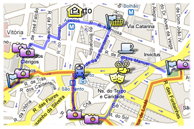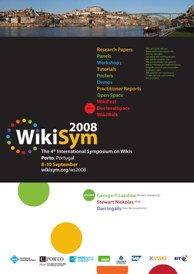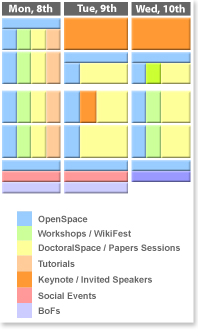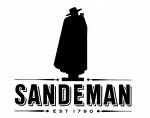|
|
How to measure contributions in a corporate wiki?
From WikiSym 2008
Summary
- There is no real and established measurements from a quantitative perspective.
- The best available measure is "changes" on the wiki.
- A very good idea is also to perform a survey with the users.
- Theory created: Examining the amount and direction of links points to the quality of a wiki.
- This is a field of "wiki success measurement" that is pretty unsolved problem yet.
Ideas
- Focus on the measurement of the goals of the wiki.
- Which type of goals are available for a standard wiki?
- Every content that was put in wikipedia and was not changed afterwards is valuable.
- Changes
- Changed amount of letters
- time on the wiki
- amount of logins (total)
- amount of unique articles
- evaluation system with peer review
- Community review
- amount of pageviews
- Amount of subscriptions for a page
- Amount of tags for a page
- Top editors ranking last month
- Top editors rankin all time
- Amount of pages
- Members in the corporate wiki gardening club
- Amount of pages that are considered stale (3 month, no activity)
- Amount of votes on a pages (stars)
- Amount of links in the wiki in total (more is better)
- Amount of backlinks to a page
- Amount of outgoing links per page
- Comparison to old information systems
- Onboarding time (do a survey later)
- Offboarding quality
- Qualitative Measurement
- Communications between departments: amount of cross-wiki-web-meetings
- Amount of different webs (less is better / or even more is better???)
- Individual evaluation of pages by managers: "What content is really important for the company
- A free survey with customized questions
- Do you like the wiki?
- Do you work with it? How often?
- How much time does it safe?
- Survey might be specially targeted to new employees, who really need easy information more than other people
- and that also gives information on how easy to learn the UI is
- Calculating the ROI of a wiki is mostly a way of operationalizing the construct of 'wiki quality' into a type of measurement.
- Which quantitative measurements do work? Which are available?
- Number of changes in total or per user per period
- Number of new or erased letters through the change
- Evaluation of the quality of a document
Basic goals of a standard wiki
- Increasing turnover
- Single point of information
- Saving costs
- Efficiency
- Quick changes to websites
- Reduces the time to find information in the intranet
- Effectivity
- Not that much staled content
Unsorted notes
- Changes are a fairly good measurement.
- There is little alternative to wikis. Maybe excel is an alternative. Not a good one though.
Why go for measurement?
- There is loads of space to improve productivity, efficiency.
- It fits in reporting schemes of companies.
- With a good measurement for wikis their usage will increase.
Why not go for measurement?
- It should be obvious for the manager.
- Every quantitative system is easy to be tricked. And easy to be outdated.
Obstacles
- There is no measurement available for the status quo at all.
- If there is a measurement it often has deficiencies.
Direct link to this page
Internal Open space link
|

See the photos of WikiSym2008
Take a look at the official photos of WikiSym2008. You have photos of your own? Add yours to the pile!.

Are you in the mosaic?
Show us who you are. Put your photo on the participants mosaic.
 Conference Pocket Guide
Conference Pocket Guide
Conference Program
2008-08-22
A detailed version of the Conference Program is now almost closed. However, the OpenSpace program is still open, waiting for you to contribute to it, whether before or during the conference. Add your session!! More...
|
WikiWalk
join now!

Keynote and Invited speakers
2008-06-15

|
George P. Landow
Professor of Art and History at Brown University
More...
|

|
Stewart Nickolas
IBM Emerging Technologies
|

|
Dan Ingalls
Sun Microsystems Laboratories
|
Local Information
automatically updated

|





























